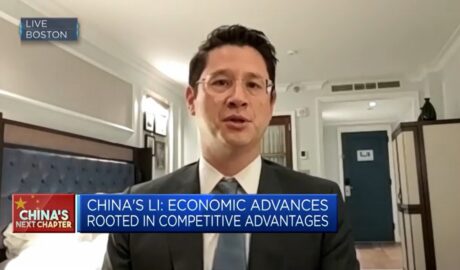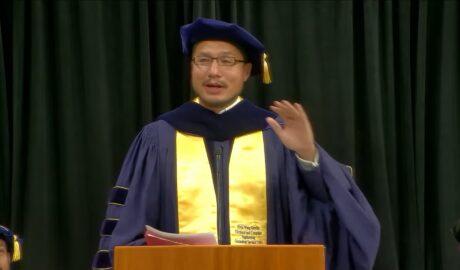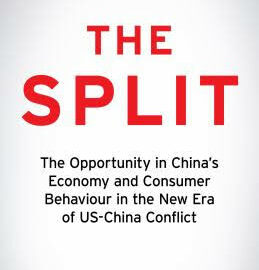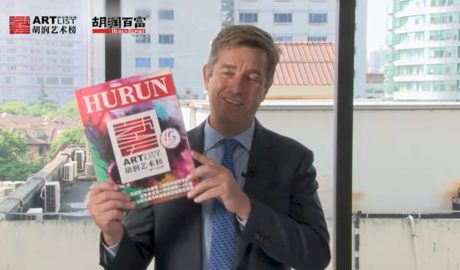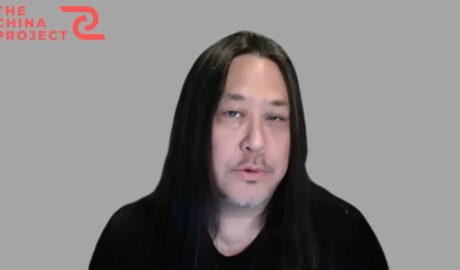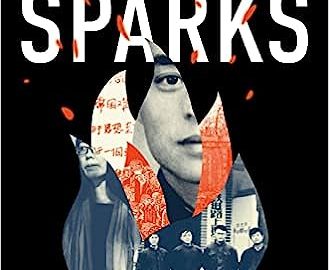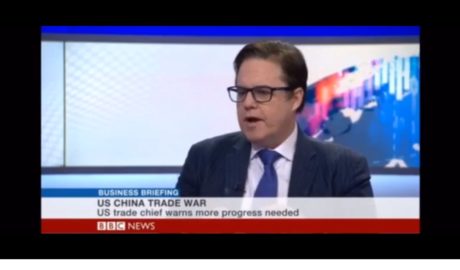How China companies develop AI under US sanctions – Winston Ma
US sanctions on China make it harder for Chinese companies to develop large-scale AI systems because they lack access to finance and computing power, says Winston Ma, adjunct professor of law at the New York University School of Law. But they will focus on AI applications and their commercialization rather than developing the big systems, he tells CNBC.Read More →


